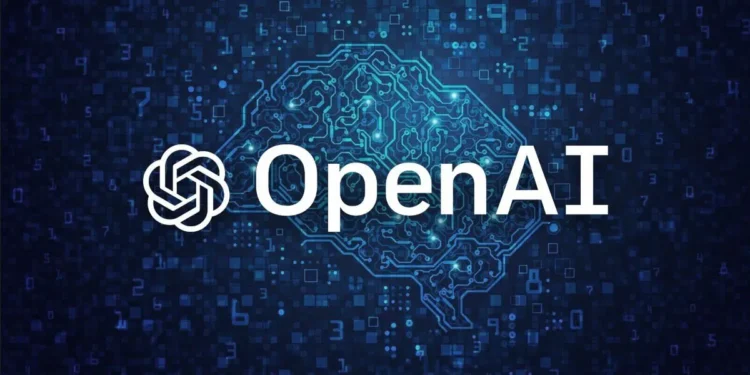The recent $16 million licensing arrangement between OpenAI and Dotdash Meredith unveils a significant evolution in the methodology behind the training of AI models, such as ChatGPT. This partnership indicates a more profound cooperation between creators of AI and media companies, transforming the interaction between technology and publication while invoking vital discussions about ethical considerations, economic implications, and the governance of intellectual property.
The demand for licensed content by AI
To train sophisticated AI models like OpenAI’s ChatGPT, a substantial volume of high-quality data is essential. Human-generated assets—such as the articles, reviews, and tutorials authored by Dotdash Meredith—provide the nuance and precision necessary for enhancing AI performance. By licensing their content, OpenAI secures access to trustworthy data sets while avoiding copyright violations, which is a rising issue among publishers.
Dotdash Meredith is not the sole media entity to have established such a contract. In 2023, the Associated Press finalized an agreement with OpenAI to license its historical content. Conversely, other organizations, like Reddit, have limited AI training access to their data, citing worries regarding usage rights and remuneration.
Understanding the divide: The varying responses of companies toward AI
While certain media organizations find merit in licensing agreements, others display reluctance. Outlets such as The New York Times have explicitly denied AI companies the right to utilize their content without authorization, expressing concerns over copyright issues, equitable compensation, and possible competition. These organizations believe that permitting AI to utilize their material could diminish their worth by allowing AI-generated content to imitate their style and credibility.
In contrast, firms like Dotdash Meredith and the Associated Press consider such collaborations as a chance to monetize their archives within a swiftly evolving media sector. These licensing agreements guarantee fair compensation while still retaining a degree of oversight regarding the training of AI models with their content.
Transformative nature of licensing agreements
The financial commitment of at least $16 million per year in OpenAI’s deal with Dotdash Meredith emphasizes the necessity of acquiring curated, top-tier data sets. Licensing agreements fulfill numerous essential functions:
- Ethical considerations: Media entities that grant permission ensure their intellectual property is utilized in a responsible and legal manner, helping to avoid lawsuits or negative reactions from content creators.
- Enhancement of training data: High-quality, well-composed content improves AI functions, lessening the risk of inaccuracies or damaging outputs.
- Revenue generation for publishers: In a time when conventional media faces revenue challenges, licensing agreements offer fresh opportunities for generating income.
Nonetheless, this strategy also highlights a significant conflict between the unquenchable thirst of AI companies for data and the rights of publishers to protect their creations.
Looking ahead: The evolution of collaboration between AI and media
As the pace of AI development quickens, many media organizations will have to decide whether to support or oppose AI training. Some may choose to follow Dotdash Meredith’s model, regarding collaboration as a means to stay competitive and profitable in a world increasingly influenced by AI. Others may prefer to defend their intellectual property, apprehensive about AI’s potential disruption of established journalism and content production.
At the same time, government entities and regulators are beginning to examine these collaborations more closely. Worldwide discussions about the fair compensation of creators and measures to prevent the misuse of content are escalating, with some lawmakers advocating for stricter regulations to oversee AI training data use.
The significance for businesses and individuals
The licensing deals established by OpenAI underscore the far-reaching effects of AI’s dependency on human-generated material. For businesses, this represents an opportunity to utilize AI tools that have been trained on superior data, yielding more precise and dependable results. For individuals, it provokes contemplation about the future of genuine storytelling, journalistic ethics, and the appreciation of human creativity in a realm increasingly dominated by AI-created content.
As AI becomes further woven into daily life, the distinction between human-generated and machine-created content will become even less clear. Licensing arrangements like the one between OpenAI and Dotdash Meredith could pave the way for a novel phase of cooperation between technology and traditional media—one that harmonizes innovation with a commitment to respecting creators.


